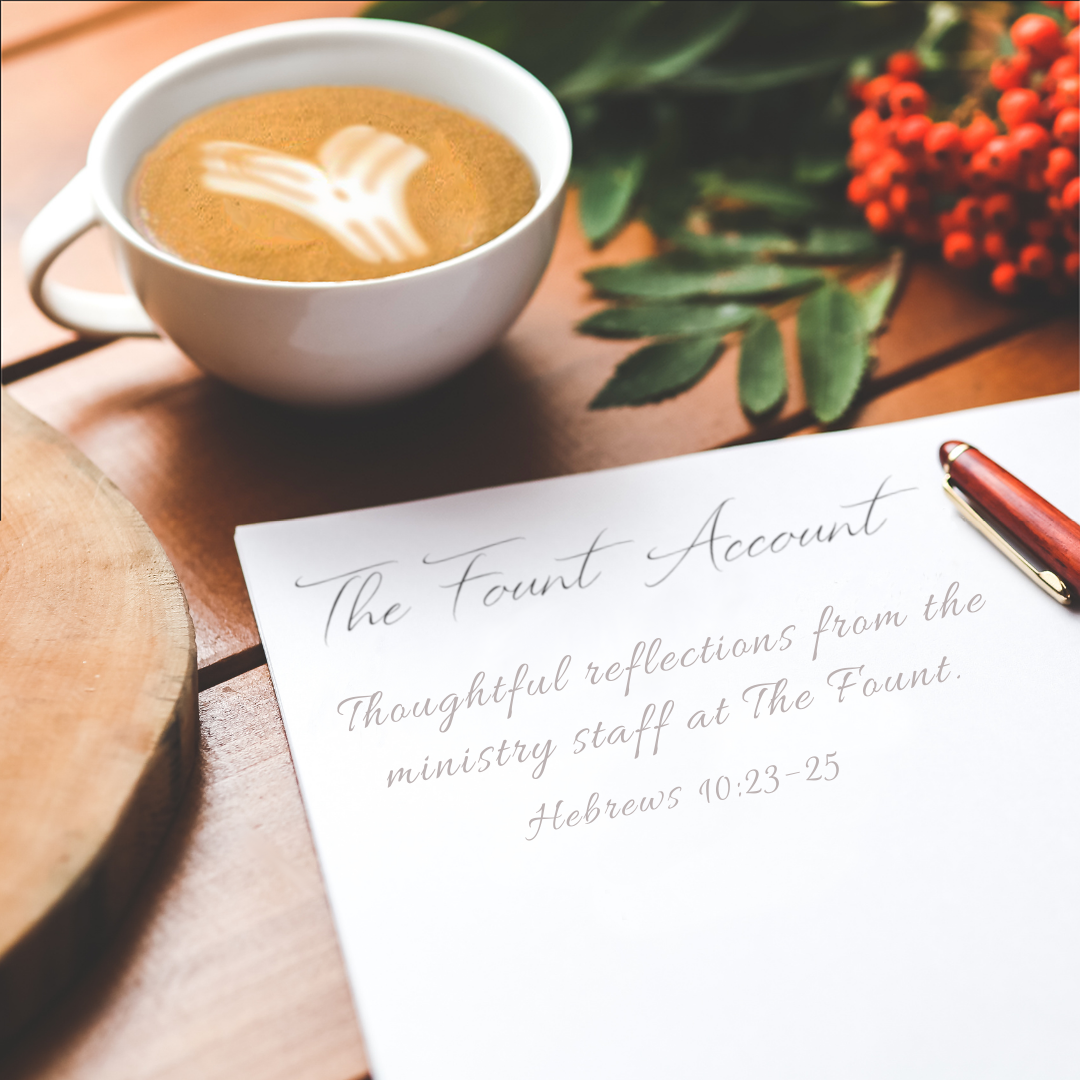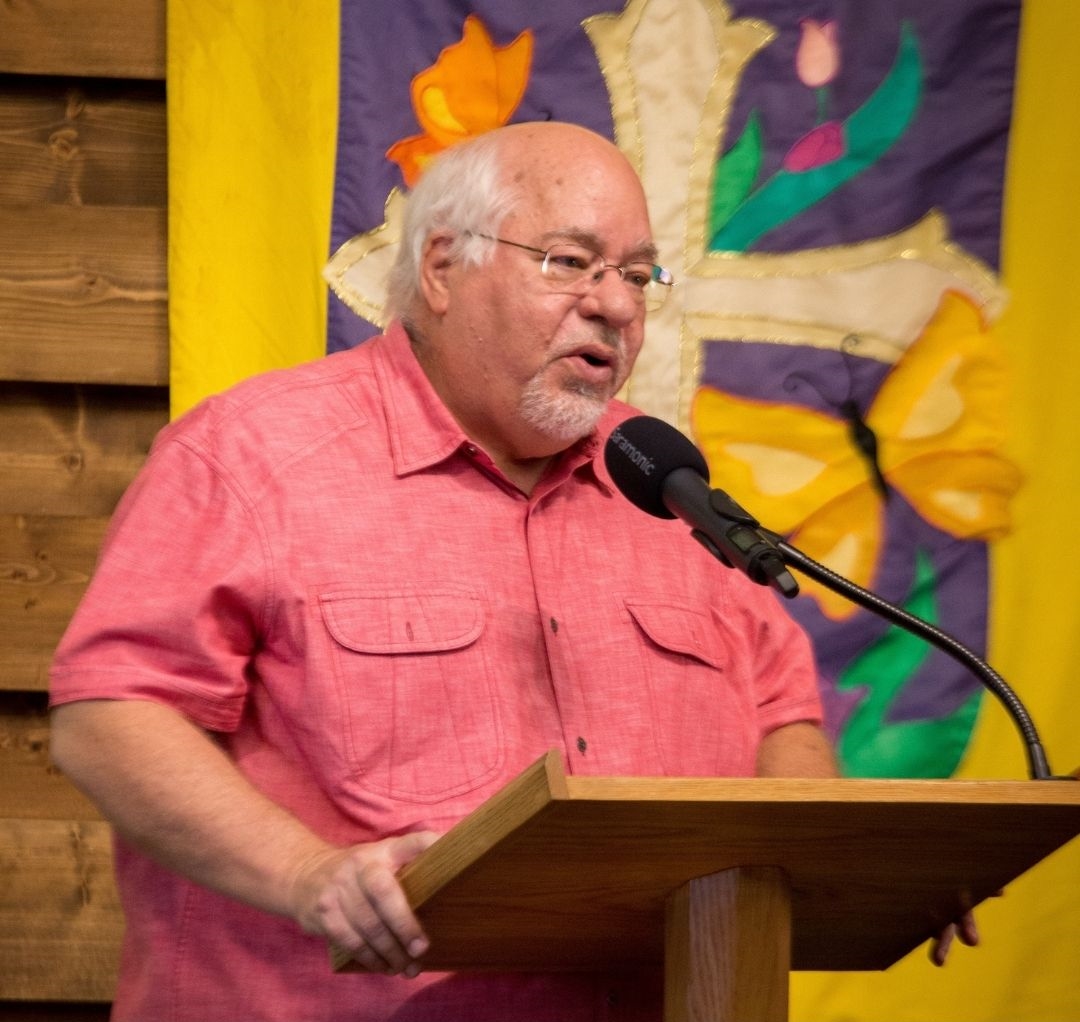
If you’re like me, Paul’s cryptic verse in 1 Thessalonians 5:17 has always confounded you. “Pray without ceasing” says Paul. Now, to be clear, this phrase is in the middle of a longer sentence that says, in full, “Rejoice always, pray without ceasing, give thanks in all circumstances; for this is the will of God in Christ Jesus for you.” (1 Thessalonians 5:16-18 NRSV). Nevertheless, “pray without ceasing” is in there, and it says that “this is the will of God in Christ Jesus for you.”
But how is that possible? How can one pray all the time?
 There have been many attempts to solve this dilemma over the centuries. Most notably, the “Jesus Prayer.” Developed in the 5th century A.D. in the Egyptian desert, but made more popular in the Eastern Orthodox Church in Russia, it is a short prayer consisting of “Lord Jesus Christ, Son of God, have mercy on me, a sinner.” The idea is to pray this “Jesus Prayer” over and over, hundreds and thousands of times a day, at first with your breath and then under your breath, until it becomes an undergirding drone, like a basso continuo in music, upon which one’s life is anchored. A more modern version of this prayer, called a “breath prayer” has also come about, where you construct your own prayer based on your spiritual needs. A simple breath prayer might be something like, “Lord Jesus, fill me with Your love.” You speak the ”Lord Jesus” part as you take in a breath, and then the “fill me with Your love” part as you exhale. I’ve taught the breath prayer to people in hospitals to help them focus on God’s healing power.
There have been many attempts to solve this dilemma over the centuries. Most notably, the “Jesus Prayer.” Developed in the 5th century A.D. in the Egyptian desert, but made more popular in the Eastern Orthodox Church in Russia, it is a short prayer consisting of “Lord Jesus Christ, Son of God, have mercy on me, a sinner.” The idea is to pray this “Jesus Prayer” over and over, hundreds and thousands of times a day, at first with your breath and then under your breath, until it becomes an undergirding drone, like a basso continuo in music, upon which one’s life is anchored. A more modern version of this prayer, called a “breath prayer” has also come about, where you construct your own prayer based on your spiritual needs. A simple breath prayer might be something like, “Lord Jesus, fill me with Your love.” You speak the ”Lord Jesus” part as you take in a breath, and then the “fill me with Your love” part as you exhale. I’ve taught the breath prayer to people in hospitals to help them focus on God’s healing power.
But another way to “pray without ceasing” is a rather radical shift in one’s thinking. Since we all know that God hears all of our thoughts, why don’t we turn our thoughts, all of them, into prayer? If in our thinking we acknowledge God’s presence, and shift our mind to thinking in God’s presence, it could absolutely change not only how we think about things, but also create a pattern of prayer without ceasing (at least while we are awake)! This is a spiritual practice that I have tried to incorporate in my life for many years. I have been moderately successful, especially when I work on it during a retreat or in my devotions. But then I find that life creeps back in, and I’m back to my thinking-but-not-praying practice in short order! I keep trying, and I believe it is possible to achieve, but it is hard work.
I don’t know if this is what Paul is talking about when he says to “pray without ceasing” or not, but combined with frequent use of a “breath prayer” or even the “Jesus prayer”, I think it puts me closer to that ideal. I know that it deepens my spiritual walk. So, I commend the spiritual practice to you. See if you find yourself closer to fulfilling Paul’s instruction by practicing.
Prayerfully,


